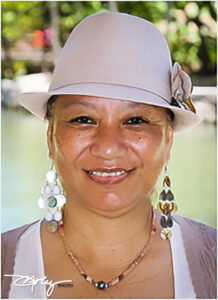
Renée Ahuna Cabrinha: “Free rein” at the PCC
Renée Ahuna Cabrinha practically grew up at the Polynesian Cultural Center as a young girl. He husband and children have also worked at the PCC.

Renée Ahuna Cabrinha practically grew up at the Polynesian Cultural Center as a young girl. He husband and children have also worked at the PCC.
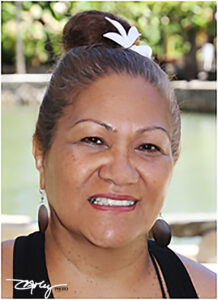
Tupu Tiave was the first of seven siblings to work at the Polynesian Cultural Center, starting in 1972.
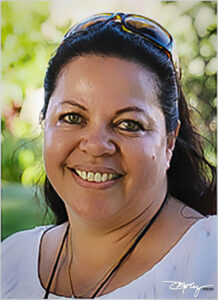
Tua Hunt’s mother and father were both working at the Center when she was born . . . and she soon joined them, later returning as a student employee.
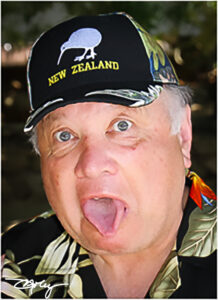
Huiariki “Riki” Wātene, a Maori from Hastings, New Zealand, parlayed his PCC experience into a career back home.
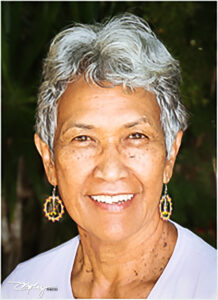
Haunani Kaanaanā attended Church College of Hawaii in 1956, but didn’t join the PCC until 10 years later. She soon become one of the Center’s first female managers.
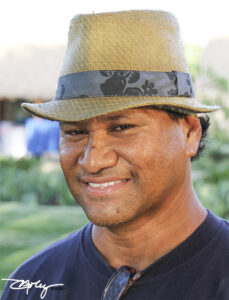
Malolo grew up in a small village on the Samoan island of Savai’i, and went to school in the capital and near Wellington, New Zealand, before attending BYU–Hawaii and working at the Polynesian Cultural Center.
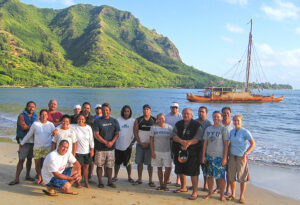
The Polynesian Cultural Center and BYU–Hawaii have recently entered into a new agreement in which the PCC will take a bigger role with the BYUH’s 57-foot traditional sailing canoe, the Iosepa.
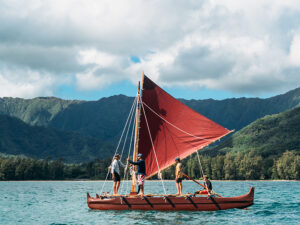
Everyone knows about the BYU–Hawaii Iosepa canoe in the PCC’s Hawaiian Village . . . but did you know there’s a new 24-foot training canoe patterned after the Iosepa that’s recently been added to the “fleet.”